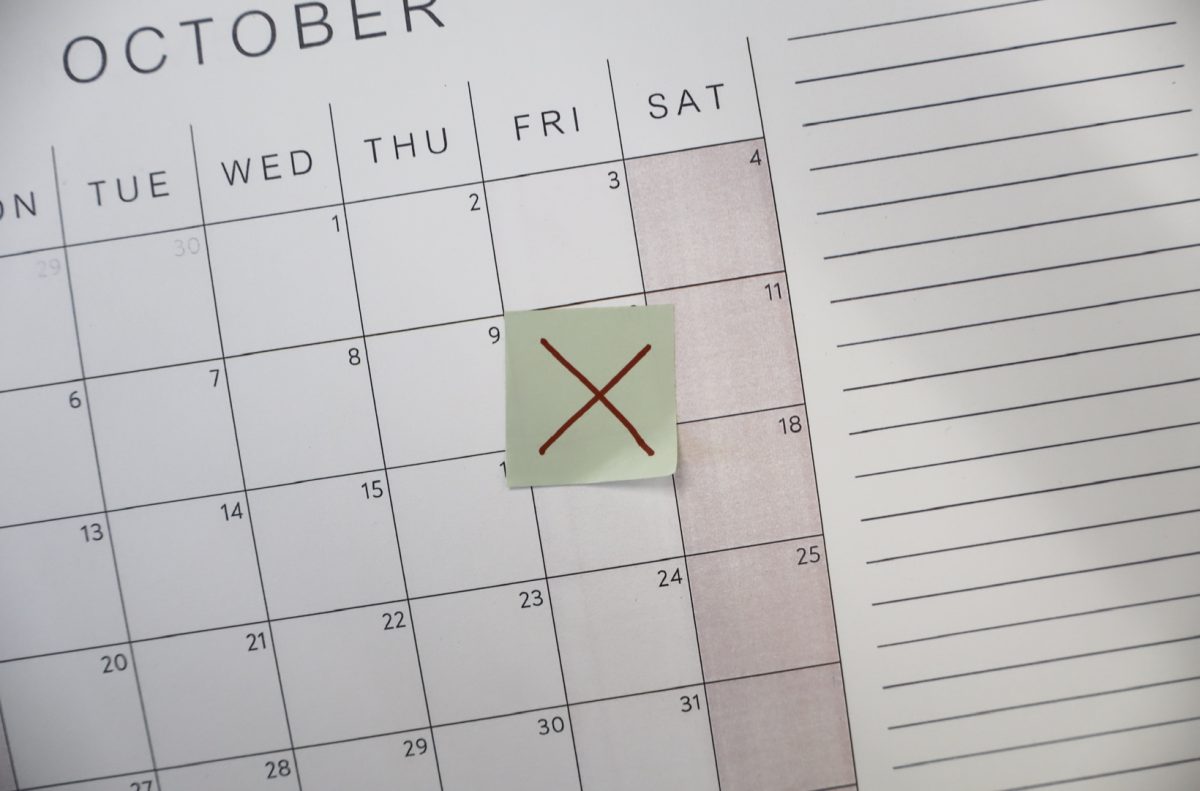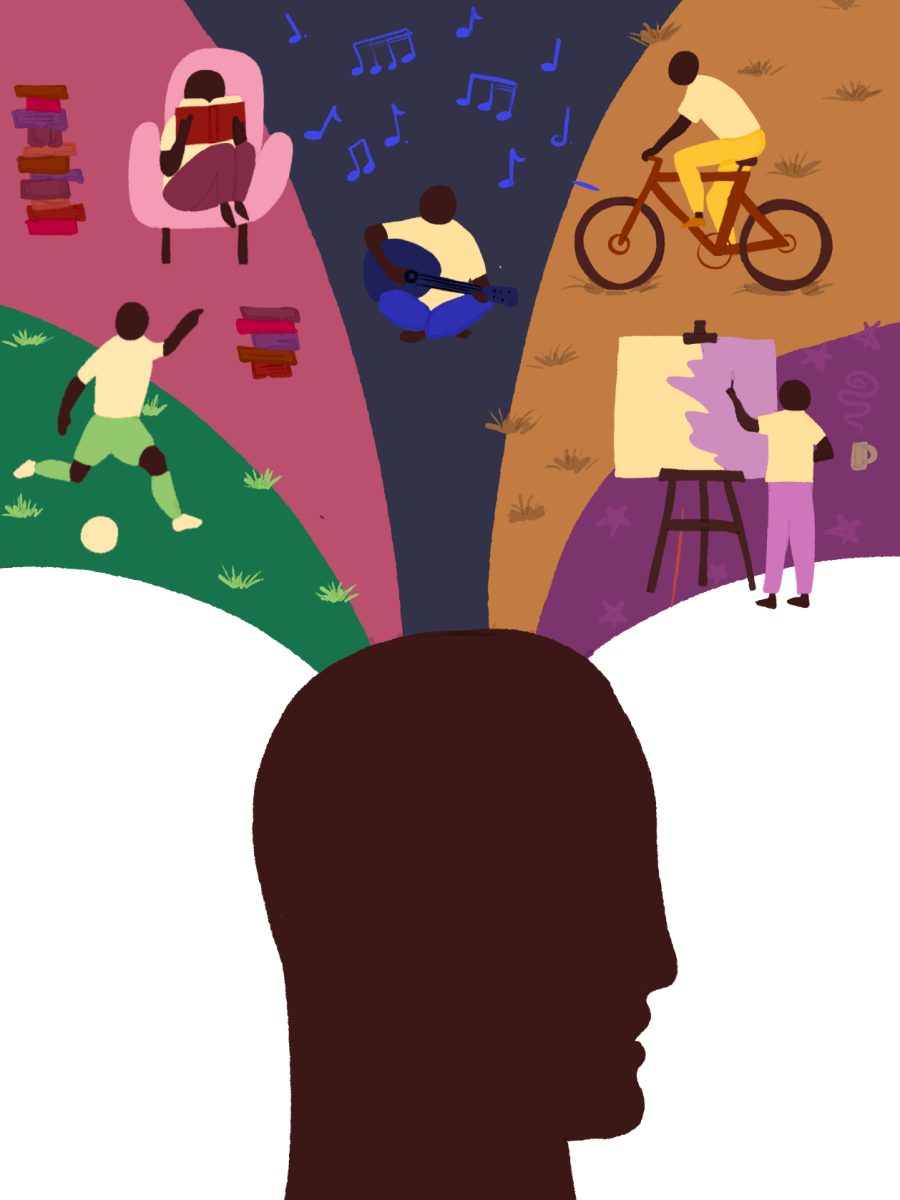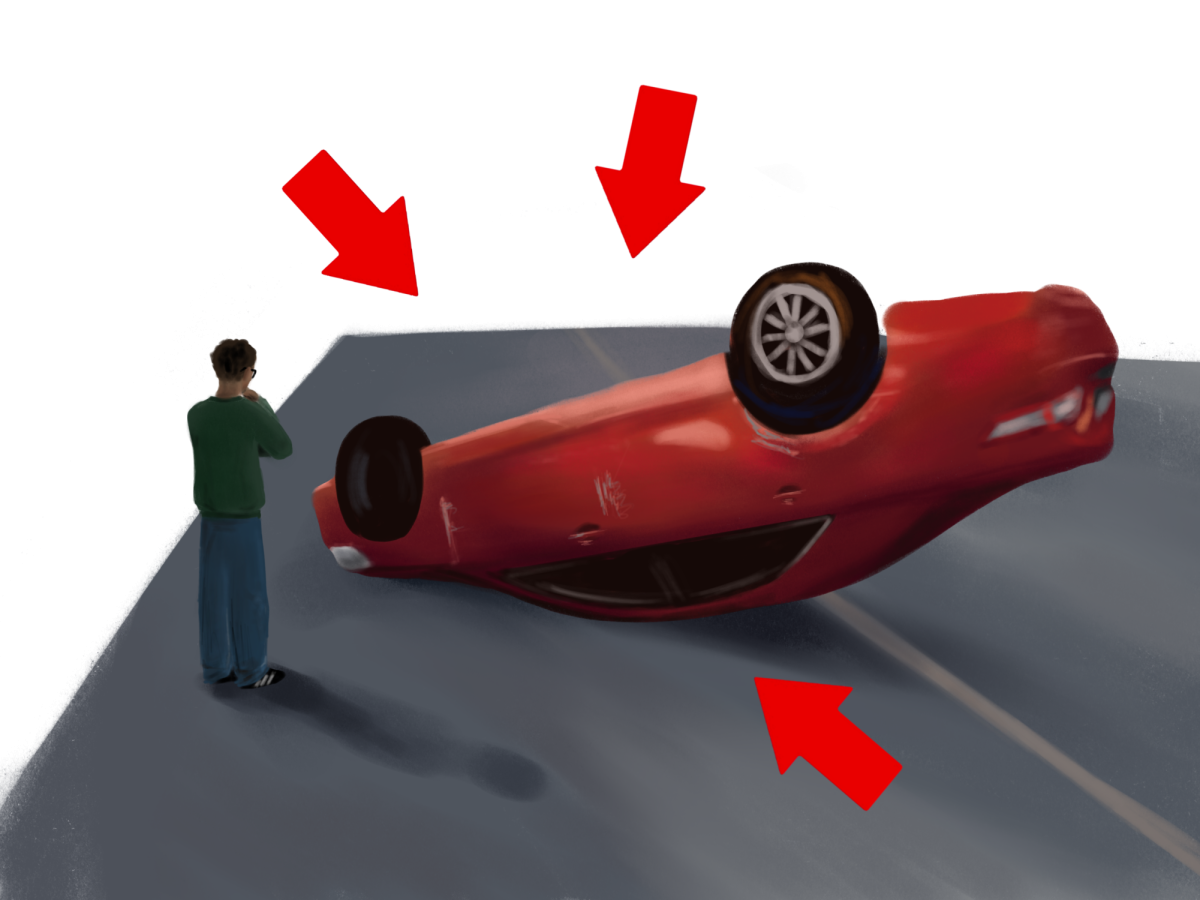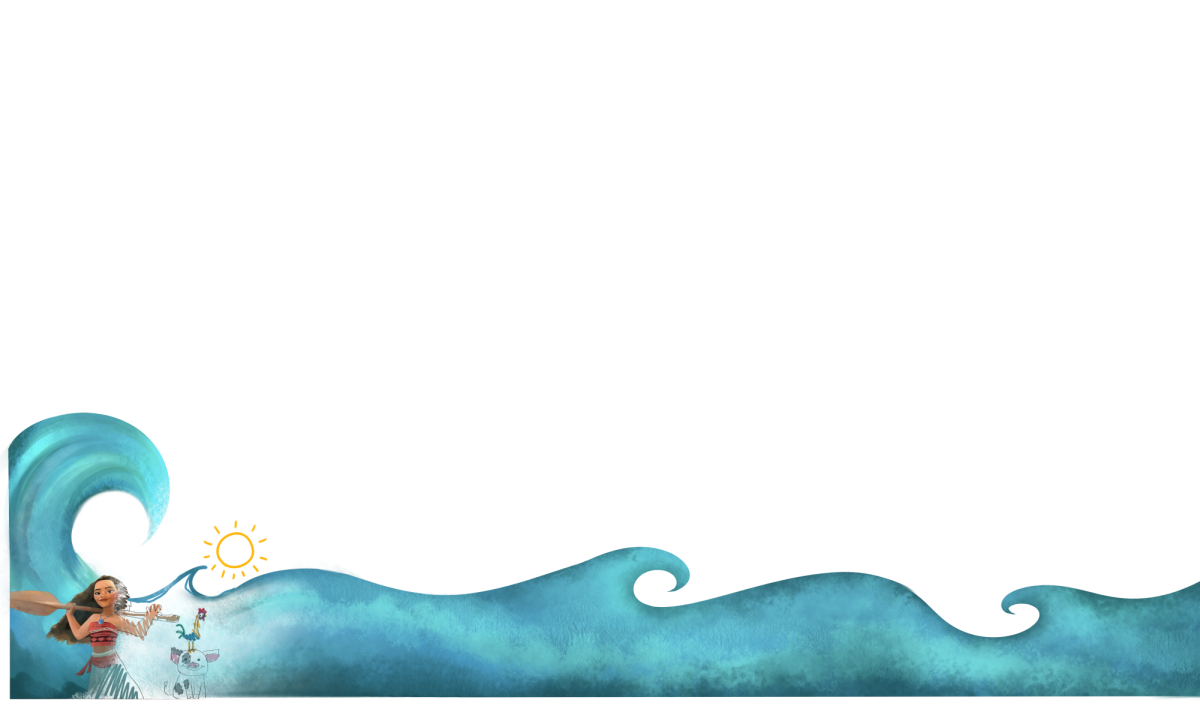The bell rings as I open my iPad to begin my Human Geography assignment. Immediately, I am bombarded with notifications: 14 new text messages. A Schoology update from my math teacher. Three emails about clubs I am in. An overdue assignment glaring up at me. Class has started, yet I am stuck in a numb state of overwhelment. My iPad is throwing grenades, trying to distract me from the task at hand. Oh, how I wish we were using paper right now.
Paper is the superior study tool to iPads because of fewer distractions.
“It’s more practical,” Junior James Chang said. “I pay attention more and I don’t go off and browse the web.”
Just think about how many times you’ve seen a classmate play online chess instead of schoolwork. Or maybe this classmate is you. English teacher David Wells believes paper assignments cut down wasted time.
“Far too many distractions exist when using an iPad,” Wells said. “Time is such a precious commodity.”
Teachers shouldn’t have to constantly remind students to take off their airpods or wait for a student to stop chatting on Discord. Despite Apple Classroom posing a practical solution by tracking students’ iPad use in the classroom, the attack of interruptions still exists when students sit down to begin homework. In the digital world, full focus seems like a priceless entity.
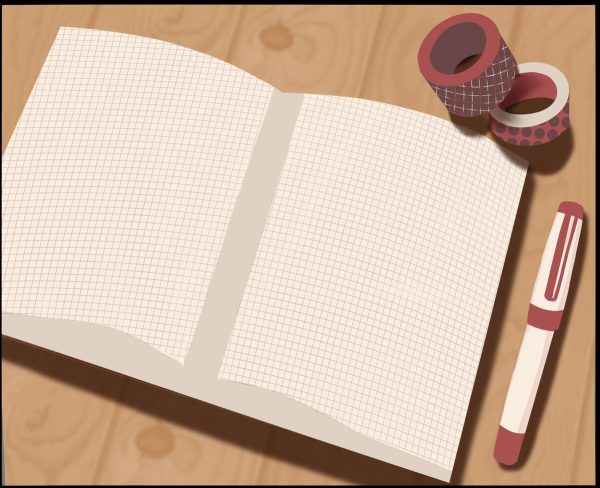
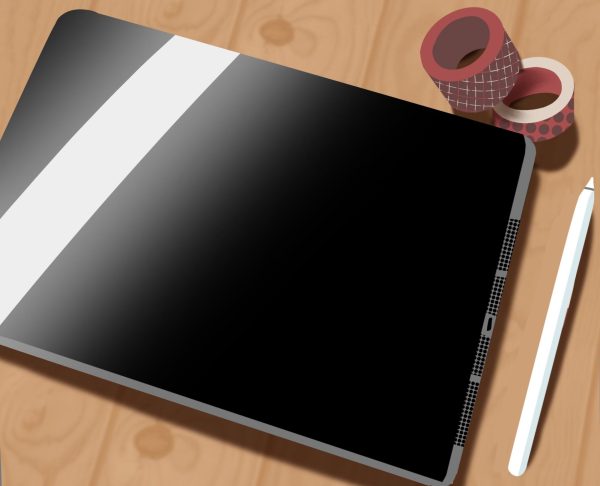
Using paper also produces a better quality of work, as Wells has noticed.
“Students write better when they handwrite rather than type,” Wells said. “When someone is writing on paper, … they slow down and think things through.”
Typing provides a crutch for students; the knowledge that once finished sentences is now replaced by the muscle memory of typing the same string of words over and over again.
A common counterargument is that technology increases the excellence of students’ work.
“The capabilities of the iPad are greater,” Senior Simon Braun said. “You can always make sure that your work is cleaner and better for teachers to grade.”
Contrary to Braun’s belief, homework is not meant to be perfect at our age; it is meant to reflect learning. So although your essay might have more superfluous words, how many of those reflect your abilities and not the autocomplete feature on your device?
Students also retain information better when using paper. A joint study from researchers at UCLA and Princeton found those who take notes by hand were more likely to preserve key information than those who typed their notes.
Of course, debates about paper over screens would not be complete without discussing the effects of excessive screen time and blue light. According to UC Davis Health, since people blink less when using devices, headaches, blurred vision and neck pain are common side effects. Additionally, according to a study by the National Institutes of Health, blue light exposure during the night may disorient the circadian rhythm with various severe health complications.
The switch from iPads to paper would not have to be drastic or complete, but could tremendously improve the learning experience for students. As I shift back to my Human Geography class, my iPad smiles, tempting me to lose myself in its devilish ways. I close my notifications and open today’s assignment. I have beaten my iPad today, but tomorrow, this war will repeat itself again.

